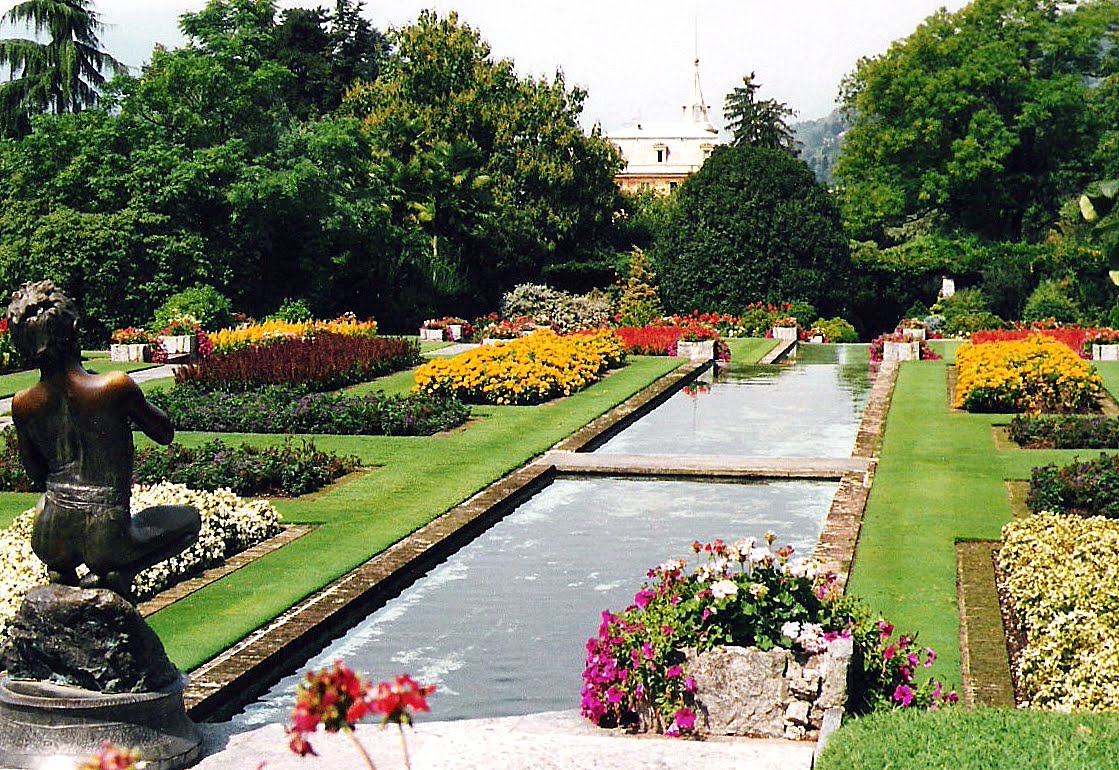Gardening is international, but of course climate is not. I have encountered with great pleasure a variety of formal and informal gardens in various parts of Europe, from the huge acreage of Versailles to the tiny but attractive herb garden of Loches Castle in the Upper Loire region. One my favourites was Parc des Moutiers (left) a beautiful piece of old English countryside charm that just happens to be in Normandy.
Inevitably one meets with the occasional disappointment. I can understand why financial concerns might encourage people to open to the public a new garden that is not ready or an old garden that has been allowed to fall into decay, but I do wish they wouldn't. The loss of time thus entailed is a hazard of horticultural visits.
Inevitably one meets with the occasional disappointment. I can understand why financial concerns might encourage people to open to the public a new garden that is not ready or an old garden that has been allowed to fall into decay, but I do wish they wouldn't. The loss of time thus entailed is a hazard of horticultural visits.
By contrast, at the high end of the garden hospitality spectrum, I can only admire the proprietor of Le Chemin des Roses at Doue la Fontaine (right), who gave a discount because my visit did not coincide with high season even though his gardens were still beautiful. The proprietor of the outstanding collection of hydrangeas at Varengeville-sur-Mer, who speaks perfect English, was kind enough to give of his valuable time to answer the enquiries of a visitor who insisted on speaking in less than perfect French.

When given free time in a city I am often to be founding hunting for the municipal botanic gardens or arboretums. Helsinki (left) was an interesting example of the former, because it offered a plant selection suggestive of a similar climate to Sliabh Mannan, and as usual gave ideas for plants that we should love to introduce into our own garden if only we could locate a local supplier. By and large it does not make a lot of sense to mail-order from the south of England if you entertain any hopes that your plants may be induced to survive a winter in Sliabh Mannan. Somebody should send perhaps local garden centre owners to Helsinki in search of suitable new varieties.
I enjoyed the arboretum at Villa Taranto (right,) on Lago Maggiore too. The problem with being inspired to plant trees of course is the need for the foresight of Capability Brown. One just has to try and use one's imagination.










